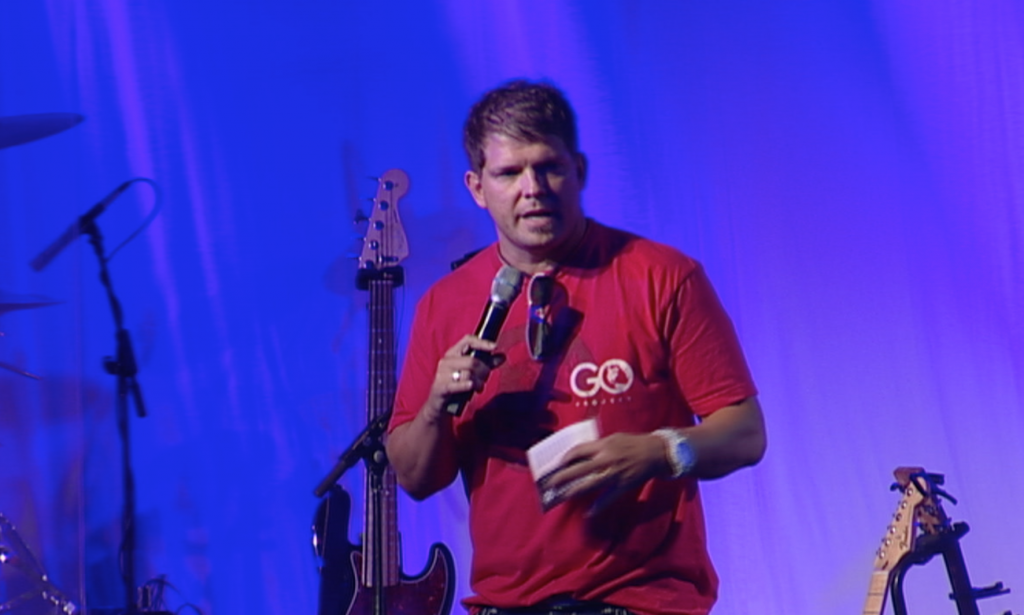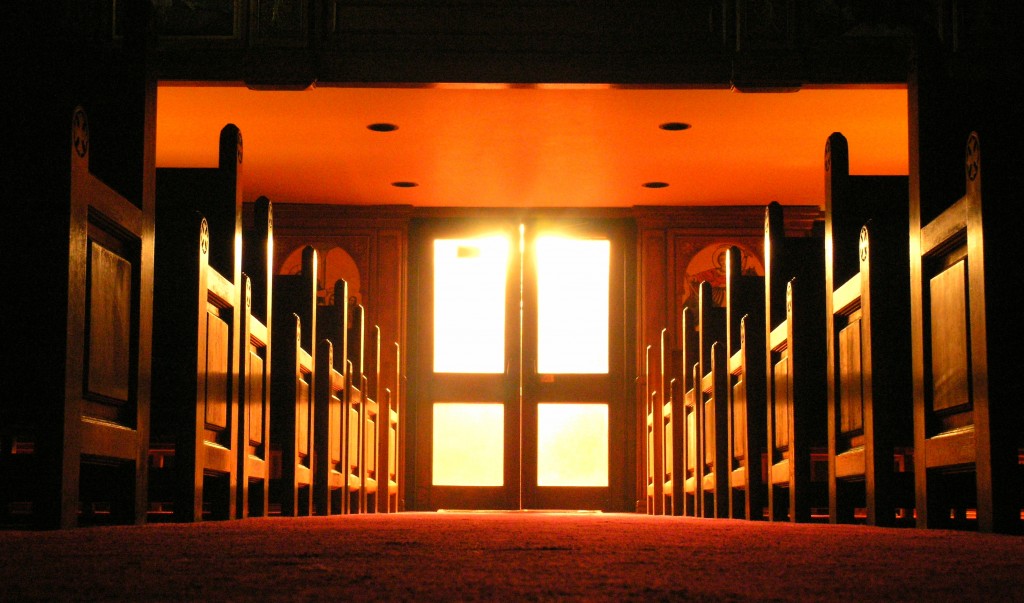By Clint Cook
I recently had a phone conversation with Carl Nichols (the chair of the National Missions Advisory Team) to receive an update on our upcoming Church Planter Assessment, which is essentially a boot camp for prospective church planters. It was exciting to hear about our current prospects and how God is already making a way for us to accomplish the GO Project.
 The GO Project is our National Missions five-year initiative to start 15 new churches. While this seems like an aggressive goal for General Baptists, we have to have vision and faith as leaders to achieve our objective. However, we must also realize our limitations. God is the one who must call up men and women, husbands and wives, to take on these assignments. Not only must the GO Project have the call of God upon it, our National Missions Department must determine if a prospective planter’s gifting is a good fit for church planting and the demands that will be placed upon them, or if they may be better suited for other types of ministry. If we do not align ourselves to His plan, the 15 churches will not be accomplished.
The GO Project is our National Missions five-year initiative to start 15 new churches. While this seems like an aggressive goal for General Baptists, we have to have vision and faith as leaders to achieve our objective. However, we must also realize our limitations. God is the one who must call up men and women, husbands and wives, to take on these assignments. Not only must the GO Project have the call of God upon it, our National Missions Department must determine if a prospective planter’s gifting is a good fit for church planting and the demands that will be placed upon them, or if they may be better suited for other types of ministry. If we do not align ourselves to His plan, the 15 churches will not be accomplished.
In Acts 16:9, we find the outline for church planting, “And a vision appeared to Paul in the night: a man of Macedonia was standing there, urging him and saying, ‘Come over to Macedonia and help us.’ And when Paul had seen the vision, immediately we sought to go on into Macedonia, concluding that God had called us to preach the gospel to them.” God issued the call to GO, He had gifted and equipped the burdened individuals with the specific skills and talents needed to plant a new church, and He revealed the location of where He wanted the new church to be started. That’s the Lord’s part.
We are not all church planters, but all of us still have a part. As in Matthew 9:38, we are to “pray earnestly to the Lord of the harvest to send our laborers into his harvest.” As individual General Baptists, our responsibility is to pray. We must pray that God issues the call to prospective candidates and that they respond to His call, pray that He fine-tunes their gifts for church planting, and pray that He reveals the location of the church plant. Unless all of these criteria are met, the GO Project is merely a collection of words on paper.
These are exciting days to be partnering with God to fulfill the Great Commission in our generation. God will surely do His part, and we must be faithful to do our part by responding as Isaiah did in Isaiah 6:8-9, “And I heard the voice of the Lord saying, ‘Whom shall I send, and who will go for us?’ Then I said, ‘Here I am! Send me.’ And he said Go.”
Let’s GO!

